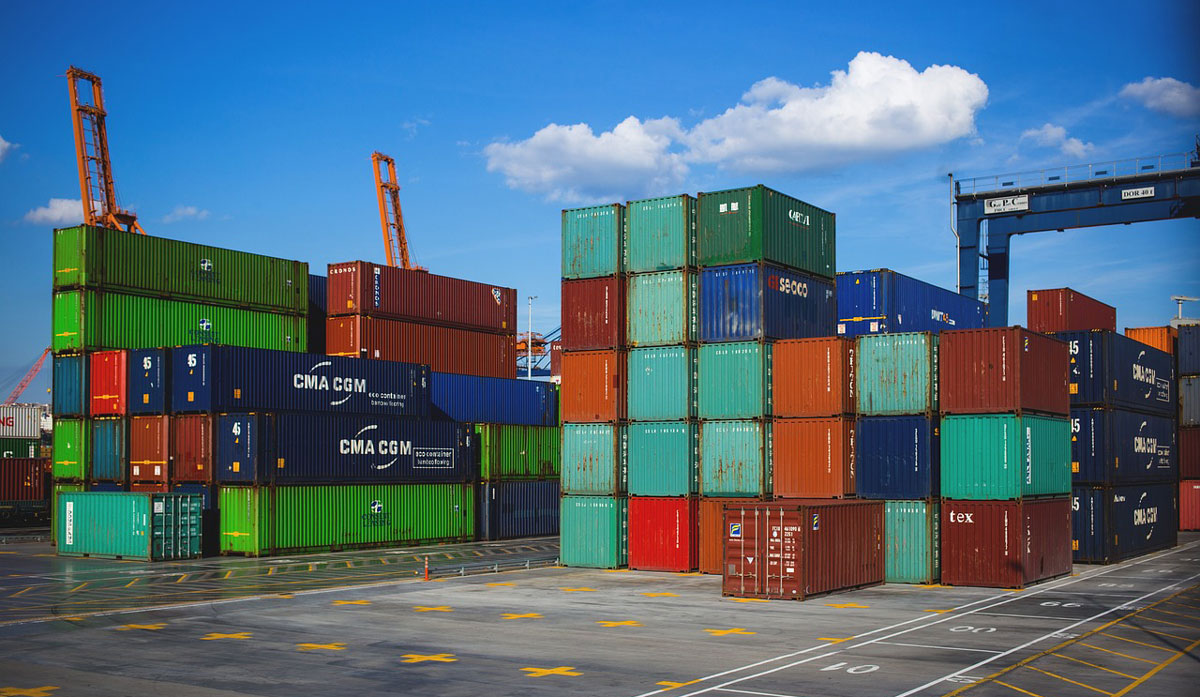
Navigating Intellectual Property Rights in Product Sourcing from Asia
The world of international product sourcing can be an exciting and rewarding territory filled with unique opportunities to access high-quality, affordable goods from Asia. However, with these opportunities come potential risks and challenges, one of the most prominent being the need to navigate the often complex landscape of intellectual property rights (IPR).
Ensuring your business is compliant with applicable IPR laws and avoiding the pitfalls of unintentional infringement can be a daunting task for small and medium-sized businesses. Fret not, though! Your friendly sourcing expert is here to help you tackle this challenge head-on, providing invaluable advice and guidance on IPR in the realm of product sourcing from Asia.
In this guide, we'll delve into the essentials of IPR in international sourcing, covering everything from understanding patents, trademarks, and copyrights to identifying IPR risks and taking preventive measures. We'll discuss practical strategies and tools for mitigating potential infringements, as well as invaluable tips on how to work with suppliers who share a vested interest in protecting your intellectual property.
1. Understanding Intellectual Property Rights (IPR) in International Sourcing
Familiarising yourself with the various types of intellectual property rights is fundamental to navigating the IPR landscape in international sourcing:
Patents:
Patents provide protection for inventions or product designs. When sourcing products, it's crucial to ensure they aren't infringing on existing patents, especially those registered in your target market.
Trademarks:
Trademarks protect logos, brand names, slogans, and other distinctive signs used to identify products or services. Ensure your sourced products don't use trademarks without proper authorisation or infringe on similar marks, as this could lead to legal disputes.
Copyrights:
Copyrights protect original works of authorship, including artwork, literature, and software. Be cautious of sourcing products featuring artworks or designs that may be protected by copyright.
2. Identifying IPR Risks & Mitigating Strategies
Recognising and minimising potential IPR risks is vital to importing products safely and legally:
Review Product Designs:
Thoroughly examine product designs and features to identify any potential IPR infringement before proceeding with sourcing. Determine whether the design falls within the realm of 'functional' (protected by patents) or 'aesthetic' (protected by design rights) and verify that no existing protections apply.
Conduct IPR Due Diligence:
Research existing intellectual property databases and registries to identify any potential registered patents, trademarks, or copyrights related to the products you intend to source. Consider seeking legal advice for a comprehensive understanding of the IPR landscape in your target market.
Consider Customising Products:
If there's a risk of infringing upon existing IPR, consider customising the product design or collaborating with suppliers to develop new iterations that steer clear of potential violations.

3. Working with Suppliers to Protect Your Intellectual Property
Building strong relationships with your Asian suppliers can be crucial in safeguarding your business’s intellectual property:
Communicate IPR Expectations:
Clearly outline your IPR requirements and expectations with potential suppliers during the initial discussions and negotiations. Emphasise the importance of complying with IPR laws in your target market.
Include IPR Clauses in Contracts:
Incorporate IPR clauses within your supplier contracts to stipulate the obligations and responsibilities of both parties in protecting intellectual property rights. This can help resolve any potential disputes in the future.
Monitor & Enforce IPR Compliance:
Stay vigilant to ensure your suppliers maintain IPR compliance throughout the production process. Conduct regular assessments and address any concerns swiftly to protect your business's reputation and legal standing.
4. Leveraging IPR Protection Tools & Services
Utilising available IPR protection tools and services can aid in safeguarding your sourced products from infringements:
Register Your Intellectual Property:
Register any applicable patents, trademarks, or copyrights in both the country of origin and your target market. This strengthens your legal claim and streamlines the process should you need to enforce your rights.
Seek Legal Advice:
Consulting with legal professionals who specialise in IPR can provide valuable insights and guidance tailored to your specific situation, helping you navigate the complexities of intellectual property protection in your sourcing activities.
Explore IPR Protection Services:
Many IPR protection service providers can assist in conducting due diligence, registering your rights, and enforcing compliance. They can be particularly helpful for businesses that need more resources or experience to manage IPR matters in-house.
Final Thoughts
Navigating the world of intellectual property rights in international product sourcing from Asia is a crucial and complex aspect of ensuring your business's success and protection. Armed with the knowledge and strategies outlined in this engaging guide, you'll be well-prepared to address IPR challenges, minimise risks, and forge strong partnerships with suppliers built on trust and mutual respect.
As your friendly sourcing expert, Epic Sourcing New Zealand is here to support you in your journey of understanding and managing IPR within your sourcing operations. Together, we'll equip you with the tools, advice, and insights necessary to confidently confront IPR issues, safeguard your business's reputation and legal standing, and ultimately secure the success of your importing ventures. Contact us today to get started working with our product sourcing agency!
Related Articles
Let’s Make It Epic
We're here to make sourcing simple – and a whole lot less stressful.

.svg)

.svg)





